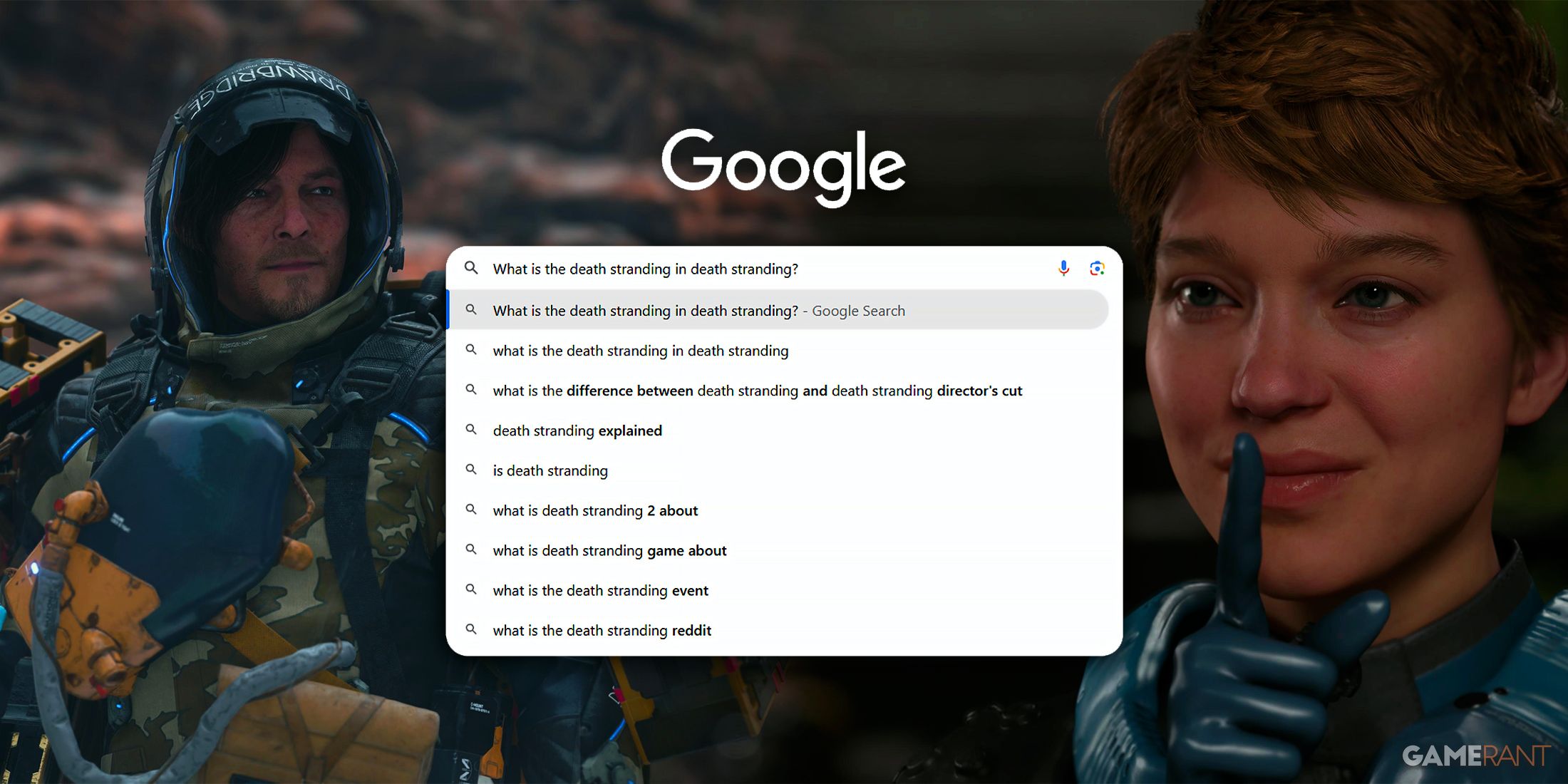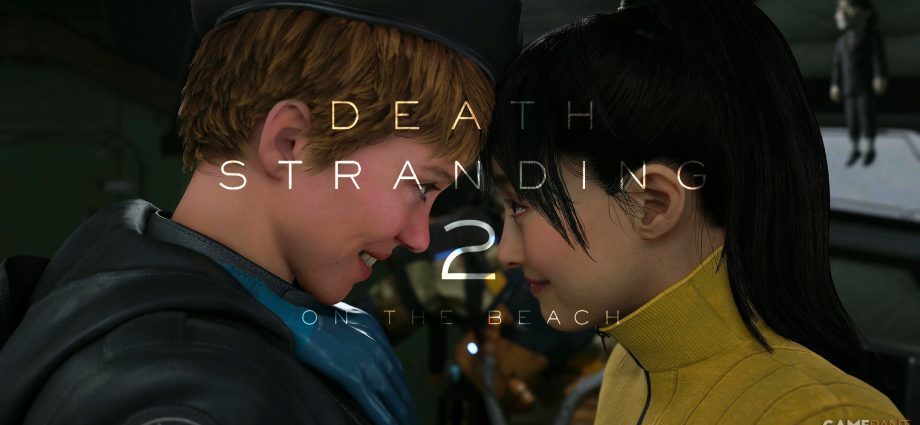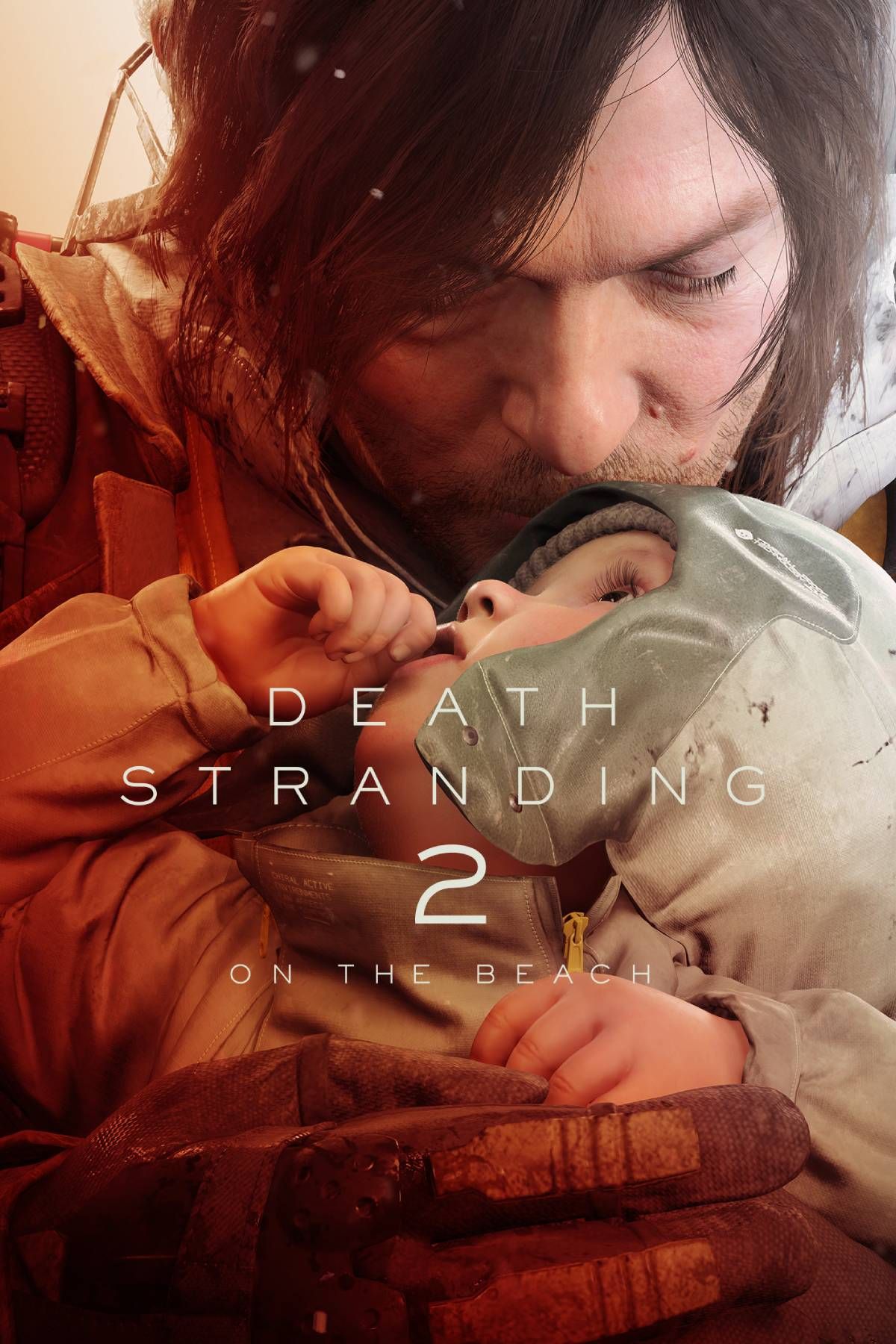From the launch of the first game, Death Stranding has always been about movement. In fact, it is so much about movement that the first game has long been defined by many as a walking simulator due to the number of times players are required to travel from one place to another, generally on foot. While Death Stranding 2: On the Beach introduces several new traversal options to speed things up — like the monorail, more accessible fast travel, and more vehicles — there is still something at work beneath it all that helps turn the sequel into a game of moments rather than simply movement this time.
During the first 60 seconds of Death Stranding 2‘s gameplay, players might notice something about its soundtrack. Not the emotionally resonant songs of Woodkid and other artists, but Ludvig Forssell’s score composed specifically for the game. It’s beautiful and moving, of course, but the main thing players might notice here is that it regularly adapts to the moment rather than offering players a consistent track for each sequence. This adaptive and dynamic score thus makes a strong case for slowing down every once in a while and changing pace rather than hurrying toward the destination, if not just to create a unique moment in the game.

Related
Death Stranding 2’s Corpus Gives Google a Run for Its Money
Death Stranding 2 Corpus changes everything, offering a way to keep up with Kojima’s world without ever leaving the game or looking at another screen.
Death Stranding 2’s Adaptive Music Gives Every Step Meaning
Death Stranding 2’s Soundtrack Reacts to Pace, Weather, and Player Actions
While Death Stranding 2‘s adaptive score might not be as noticeable in every moment of the game, its design and purpose are made abundantly clear during the game’s opening sequence. As Sam and Lou begin making their way home in Mexico after the game’s introduction, players are backed by an exciting and upbeat orchestral arrangement that might make them want to go sprinting down the mountain. However, this is where many players might also experience their first fall in Death Stranding 2, and the music might be partially to blame.
Should they fall within these first few seconds of gameplay, they’ll quickly experience the joy that is Death Stranding 2‘s reactive score, as the once-exciting music dies down to a faint, less explosive, yet “bouncy” arrangement. Then, as they pick up any cargo they dropped and begin moving again and picking up speed, the music does as well, getting them back to that more exciting, cinematic feel they began with. The score continues to adapt this way to the player’s actions and the pace they choose to maintain throughout the game.
It’s beautiful and moving, of course, but the main thing players might notice here is that it regularly adapts to the moment rather than offering players a consistent track for each sequence.
The soundtrack also adapts to Death Stranding 2‘s various environmental effects, creating a unique soundscape for every experience in the game. Whether it’s the gentle pitter-patter of Timefall on the ground and Sam’s jacket or a violent sandstorm threatening to knock him to his feet, the game’s score reacts to whatever is happening on the screen. Even the presence of other characters nearby — like Rainy, whose theme is B. J. Thomas’ “Raindrops Keep Falling on My Head” — can change the music.
The Game’s Dynamic Audio Turns Travel Into Emotional Snapshots
More than anything, this makes Death Stranding 2 less about getting from one place to another as quickly and efficiently as possible and more about experiencing every moment individually in the game. The journey from one prepper to the next doesn’t blur together as one long road, then, but rather a road with many stops along the way that are at least partially defined by the game’s adaptive music. By doing this, Death Stranding 2 turns what would be ordinary travel into a sequence of emotional snapshots, where feelings are attached to each step, sprint, or pause.




